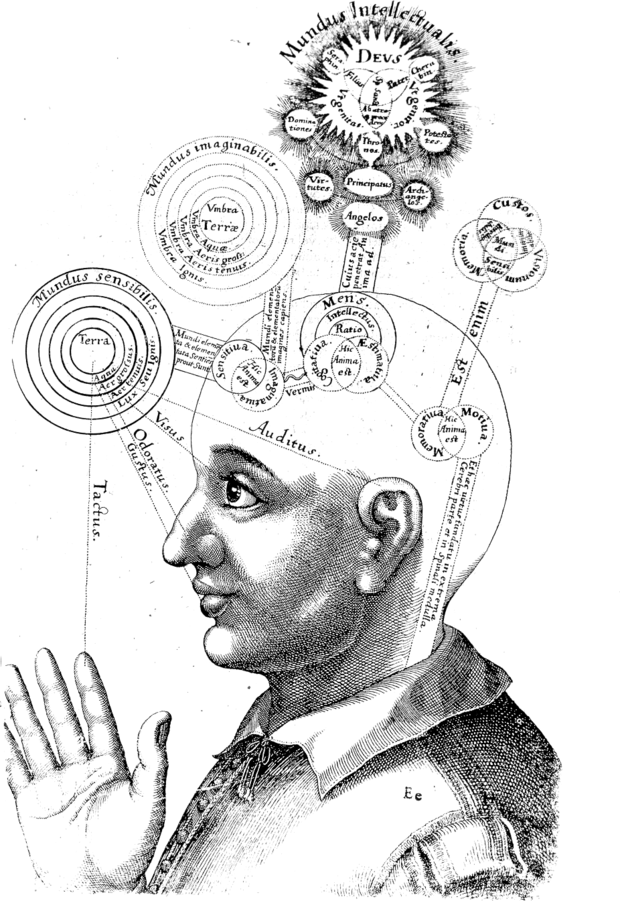Culture and Cognition

We represent the world using cognitive processes. The key word re-presentation implies that the world is first presented to us, and we then organize the information into new or already existing representations or schemas. We never experience the world that exists outside of our brain in a perfect, objective, or pure way. Instead, our representation of the world relies on subjective and imperfect processes including sensation, perception, attention, memory, thinking, judging and problem solving. We will cover many of these concepts in the chapter.
Learning Objectives
At the end of the chapter, you should be able to:
- Compare and contrast sensation, attention and perception
- Differentiate between bottom – up and top – down processes and identify examples of each.
- Identify how humans use attention to filter information from sensation to perception.
- Describe how culture influences sensation and perception.
- Compare and contrast situational disposition attributes.
- Explain fundamental attribution error and confirmation bias.
- Explain cultural differences in social cognitions and attributions.
- Distinguish between concepts and categories.
- Identify category hierarchy components.
- Distinguish between the three basic functions of memory.
- Describe the three stages of memory formation.
- Distinguish between, procedural, semantic and episodic memory.
- Explain how culture influences memory formation.
- Distinguish between Gardner, Cattell and Sternberg’s theories of intelligence.
- Describe how culture shapes views about and tests for intelligence.

